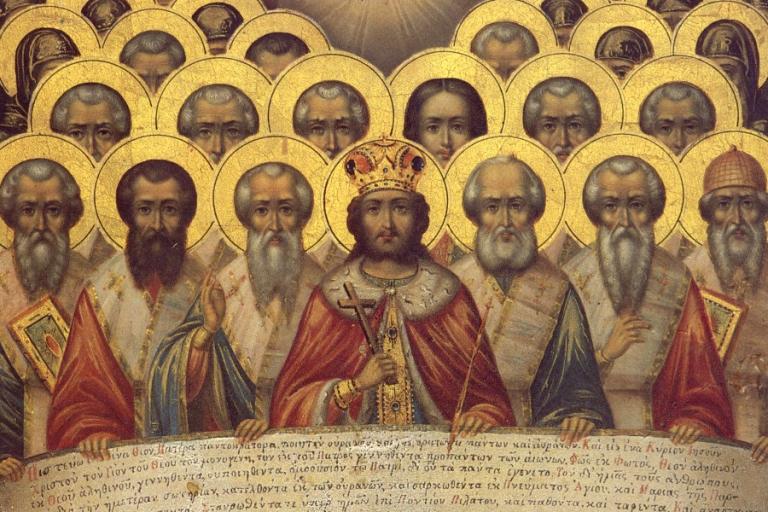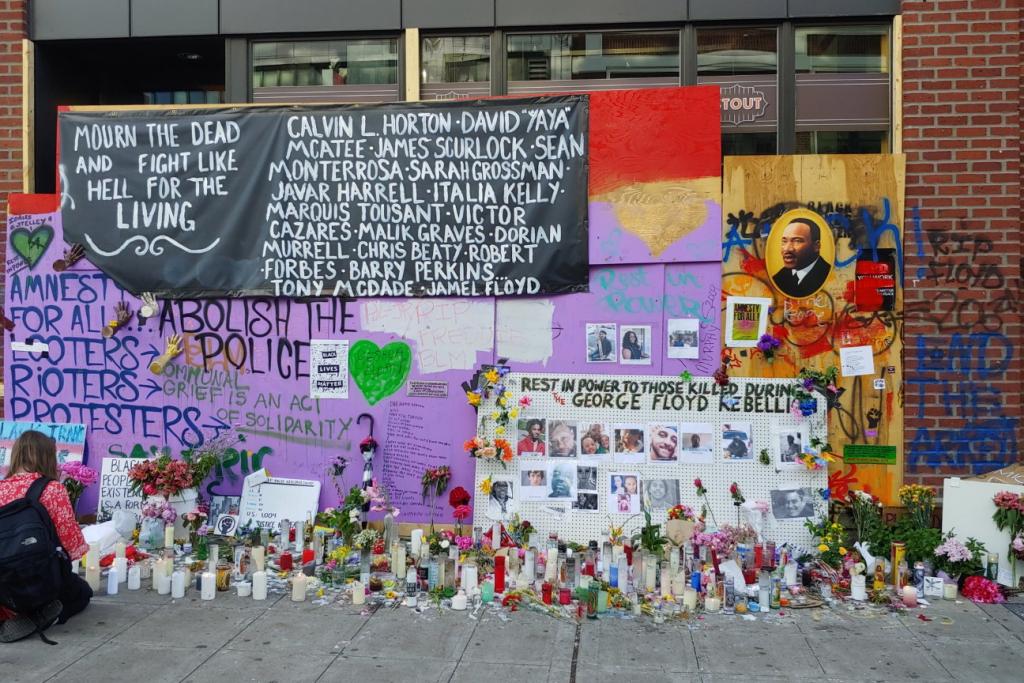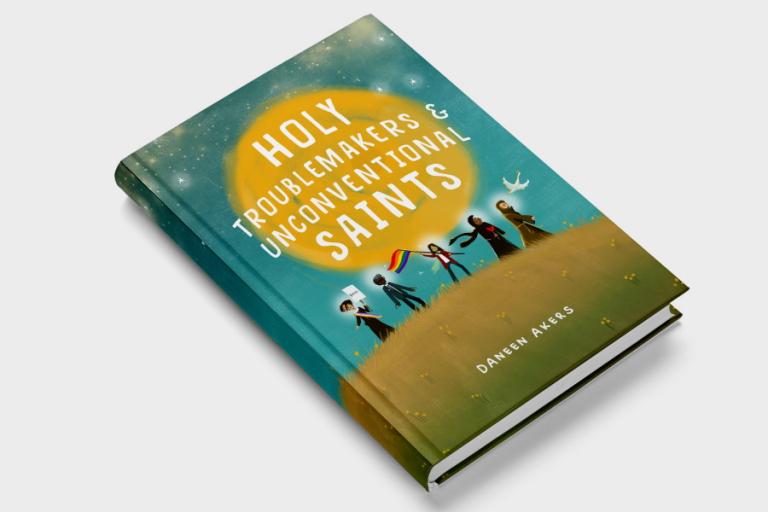
I think I’ve just pinpointed, for myself, why I so value the early Christian creeds and ecumenical councils—Christian “orthodoxy,” as it were—even though I have a few points of disagreement with certain councils’ findings, and even though I strongly disagree with the politics that prompted pretty much all of them.
The creeds and councils free us from an incredible amount of hand-wringing over theology, which in turn frees us for far more important matters of justice. I don’t need to spend my time wondering whether Jesus is God. I don’t need to worry about whether icons of Jesus are idolatrous. And I don’t need to question whether the physical world we live in is inherently good or evil. Why? Because these matters were already hashed out and settled centuries ago.
Now, does that mean the findings of these men (and only men) are without error? No, of course not. And in as much as they need to be revisited—especially over a matter of justice—then by all means, we should revisit them. But in as much as there is no such need, in as much as they continue to work for the church as well as they have done for centuries, then we can simply rest in them, and focus on more important efforts.
I propose that we view such early conclusions of the church not as a dungeon to hold people in, outside of which we dare not take a step, but as the home to which we return, simply because we there feel at home. And if, for you, the “orthodox” way of being Christian does not feel like home, then feel free to establish your home next door or across the street or wherever it is that works for you. And go with the blessing of “orthodox” Christians, knowing that we can remain united by the truly important matters of living justly with our neighbors in God’s good world.












